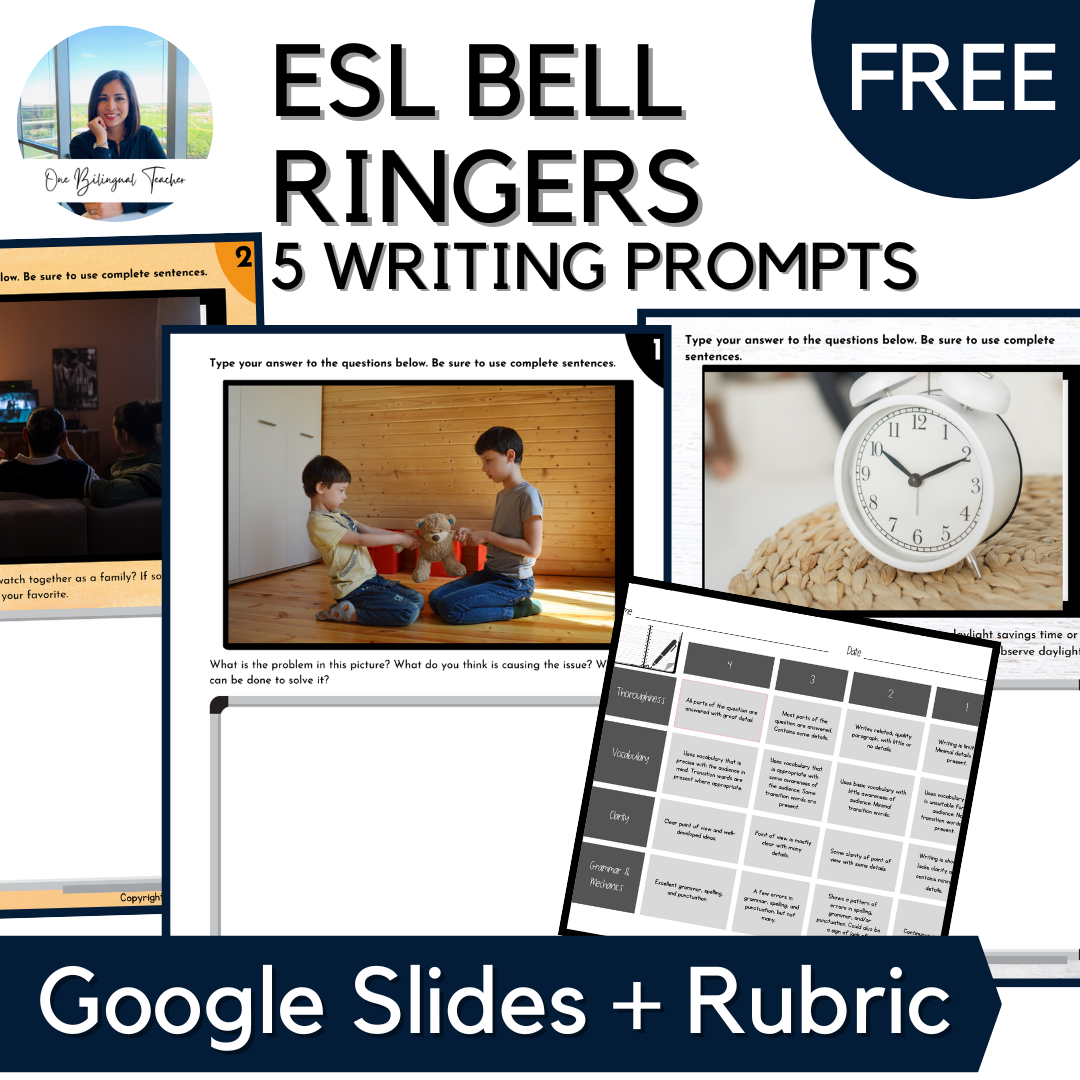7 Tips for Efficient Lesson Planning
If you're reading this, you're probably juggling a whirlwind of lesson planning, parent communication, grading, and more. It's like conducting a symphony of responsibilities, and trust me, I'm there too. Here are some handy tips to make your weekly planning a breeze while staying sane.
Assign a day to complete each of your administrative tasks. These include lesson planning, grading, parent communication, and other administrative tasks.
Use Google Calendar
Google Calendar is the single best organizational tool you will encounter. Create an event for each class period on your schedule with start and end times. Set a reminder a few minutes before the end of each class period to keep the surprise from the bell ringing.
Add your planning period to your calendar and assign notes to the description section of all of the things you’ll be doing that day. This will keep you focused on the important, but not urgent tasks.
Here are some ideas to add:
Lesson planning
parent communication
Grading
Posting weekly assignments
Making copies
Progress report
Logging in student accommodations
Meetings and other campus and district events
Lesson Planning
Make It Simple
Whether you call it lesson planning or lesson prep as my school does, it still needs to get done. My secret to staying sane during lesson planning is to make it as simple and as impactful as possible. Batch-plan most, if not all of your content. I like to keep my Do-Now’s as streamlined as possible. If your school allows, purchase year-long bundles to take the guesswork out of your bellringers.
Think Long-Term
Instead of drowning in daily disconnected activities, consider switching to long-term projects. This not only reduces your planning load but also encourages critical thinking and deeper learning. Don't be afraid to mix subjects – intertwining language skills with other subjects is a win-win. Just remember, clarity is key. This All About My Country Project is a great place to start. Keep your instructions clear, concise, and achievable. Your students will thank you.
Copying and Printing
Copy and print – the two words that can trigger a collective sigh from teachers everywhere. Here's a tip: go digital whenever you can. Digital resources are your lifesaver. When you do need to print, batch-print during your non-teaching hours. It's a small change that adds up over time. And hey, if you have teacher aides, don't hesitate to delegate the printing tasks.
Streamlining Parent Communication
Communication with parents can sometimes feel like a juggling act, right? To maintain your sanity, allocate a specific time for parent emails or calls. This avoids the endless ping-pong of communication throughout the day. Additionally, explore classroom communication platforms like ClassDojo or Remind. Sending a weekly progress report with an update about what’s coming up next week also works wonders.
Efficient Grading Techniques
Grading – the inevitable task we all face. To keep your evenings free from the grading abyss, consider using rubrics for subjective assessments. They make grading fair and transparent. And here's a secret: peer assessment or self-assessment works wonders for collaborative assignments. Also, dedicate a specific day for grading. It brings consistency to your routine and prevents the dreaded procrastination loop. Bonus points if you add it to your Google Calendar.
Organizing Assignment Posting and Collection
Let's talk about a real time-saver: digital assignment hubs. Whether you're using Google Classroom, Schoology, or any other platform, it's a game-changer. Post assignments here, and students can submit their work electronically. Also, set a routine for posting and collecting assignments. Consistency is your best friend. And don't forget to nudge your students to name their files systematically – it'll save you from the "Untitled Document" chaos.
Logging Student Accommodations
Ah, student accommodations – an integral part of ensuring every student's success. Keep a digital record of accommodations for each student. Collaborate with special education staff to make sure the documentation is accurate and up-to-date. Regularly review and adjust the accommodation plans as needed. This proactive approach ensures a smooth learning experience for all. Record your accommodations weekly and don’t forget to check to see if any changes have happened to any of the current IEPs or if any students have been added or removed. It sounds like a lot, but if you have a calendar event for this, it makes it much easier.
In a Nutshell
Alright, ladies, you're armed with these strategies to conquer your planning woes. Remember, consistency and adaptability are your secret weapons. By incorporating Google Calendar and batching your to-do list, you’ll rock the school year! You've got this!



